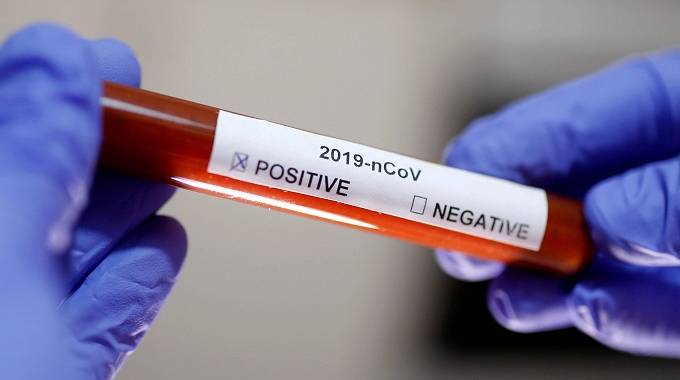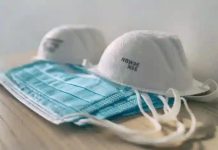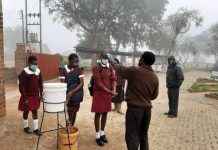TRUDGING through the potholed streets of Harare’s high-density suburb of Budiriro, Moleen (21) clutches a 20-litre water bucket on a chilly Wednesday morning as she rushes to be the first in line at a community borehole.
It is 5am and Moleen has walked a kilometre to the nearest borehole. She is not the first one to arrive because hundreds of residents have already queued for the precious liquid.
Social distancing is difficult to maintain as overcrowding has become the order of the day. The home-made masks are the only personal protective equipment (PPE) they have to avoid the spread of COVID-19, but they hardly use them.
Harare residents like Moleen have endured chronic water shortages as most western suburbs have gone for days without the precious liquid.
But for Moleen, it is the queues and the lack of order at such places that makes her hesitant.
“I am worried every time I come here. No one is keen to maintain the queue. People still think COVID-19 is a myth. No one wears masks as well. It is too risky. I feel these people need to be educated about this issue or community boreholes will become the new COVID-19 hotspots,” she said.
Desperate residents have resorted to unsafe sources as water woes worsen.
Women have borne the brunt of water shortages as they have to queue for long hours at boreholes, exposing themselves to COVID-19.
Water is a critical component of any functional household.
Because of that, overcrowding at water sources have become a hazard for women and girls who also require large amounts of water during their menstrual cycles.
In the face of growing water woes which has forced many women to rely on community boreholes where social distancing is a myth, it has become critical for women to be educated on how to minimise the risks of contracting the novel virus.
Educating women on how they can keep themselves safe has become a priority.
“How can women and girls manoeuvre their way around the power dynamics that inhibit accessibility, participation and access to information,” asks University of Zimbabwe law lecturer Elizabeth Lwanda-Rutsate.
“The pertinent question is whether vulnerable members in the communities who include women, girls and boys, persons with disability, the terminally-ill, the elderly and the poor are well informed on the need to practise physical distancing.”
One of the World Health Organisation (WHO)’s recommendations to avoid high rates of infection from coronavirus is ensuring social distancing.
“Information accessibility includes the right to seek, receive and impart information concerning water issues. The State and local authorities should take steps to ensure that women are not excluded from decision-making processes concerning water resources and entitlements,” said Lwanda-Rutsate.
WHO also recommends that to prevent the spread of COVID-19, people must regularly and thoroughly wash hands with soap and water or clean hands with an alcohol-based hand rub.
Apart from risking contracting the novel virus at crowded water sources as running water has become elusive, women also risk exposure to sexual abuse in the communities they live.
While there are water committees and community health clubs that decide on how the water and health resources are managed, Lwanda-Rutsate questions the extent to which women were involved in those committees.
“They can even come up with a roster to say house number 12 to 30 in this block accessing water from the borehole can do so between 8am and 11 am on Monday and different times on other days with the gender-balanced committees monitoring the access modalities. This would be in line with the Constitution’s provisions in sections 17 on gender balance, 56 on equality and non-discrimination and 80 on the rights of women,” she said.
Combined Harare Residents Association programmes officer Reuben Akili agrees that education is key.
“Because there is no substitute for water, people cannot stay at home in order to reduce the high risk of contracting the disease. Education coupled with enforcement of the social distancing guidelines is important at these boreholes,” Akili said.
“There are situations where water users assist each other to pump water from a bush pump standing face to face, people sit on their buckets close to each waiting for their turn to get water. This is dangerous, this calls for a massive civic education drive at these water points and to some great extent monitor compliance,” he said.
The State’s obligation is to ensure that there is appropriate education concerning the hygienic use of water, protection of water sources and methods to minimise water wastage.
This includes the distribution of educational materials in communities on COVID-19 risks and the need to wear face masks at all times while in public, sanitise or wash hands frequently as well as to physically distance themselves at community boreholes.






